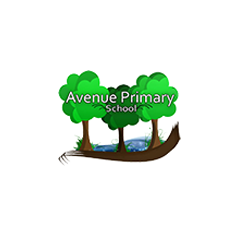Mathematics is a life skill, which provides a way of viewing and making sense of the world. We intend for all children at Avenue Primary School to develop the following skills.
- Fluency in arithmetic skills
- An approach to problem solving in a logical and systematic way
- Apply mathematics across the curriculum and in real life
- Work both independently and in cooperation with others
- Use mathematical vocabulary to communicate
All children are challenged and encouraged to excel in Maths. Mathematics contributes to many subjects within the primary curriculum and opportunities will be sought to draw mathematical experience out of a wide range of activities.
Knowledge Skills and Understanding
In the Early Years Foundation Stage teachers use the Developmental Matters age related statements and EYFS Goals to ensure that all elements of both strands of Mathematics (Number and Numerical Patterns) are taught. At KS1 and KS2, teachers use The National Curriculum Framework.
Teacher’s’ Planning and Organisation
Foundation Stage
Foundation Stage teachers plan their teaching using objectives in the revised EYFS framework document 2021 and Development Matters booklet 2021; these are mapped out in the medium term plans to ensure coverage over the year as well as progression and repetition through the year. This coverage ensures that they are working towards the end of EYFS Goals.
KS1 and KS2
Each half term is broken down into a six week cycle including an ‘Assess and Review week’. The Medium Term Plan is mapped out with units linking to each other. Daily lessons lasting up to 60 minutes are taught. Year 1, 2 and 3 are following the Singapore Maths Programme provided by the company ‘Maths No Problem’ (MNP). The structure of a typical lesson is an ‘Explore Task’, followed by ‘Master’ finishing off with ‘Guided Practice’. In Years 4, 5 and 6, the learning journey of each unit is drawn up in collaboration with teachers in the same year group and each class teacher is then responsible for the scaffolding of learning in their class. A typical lesson will include: ‘oral work and procedural fluency’, ‘teacher input’, followed by an independent task. A plenary or mini-plenaries are carried out throughout the lesson.
By the end of year 6, when children leave Avenue Primary School we expect children to be fluent in the fundamentals of mathematics with a conceptual understanding and the ability to recall and apply knowledge rapidly and accurately. They should have the skills to solve problems by applying their mathematics to a variety of situations with increasing sophistication, including in unfamiliar contexts and to model real-life scenarios. Children know that maths is a vital life skill that they will rely on in many areas of their daily life. Children have a positive perception of mathematics because they learn in an environment where mathematics is promoted as an exciting and enjoyable subject in which they can investigate and ask questions.
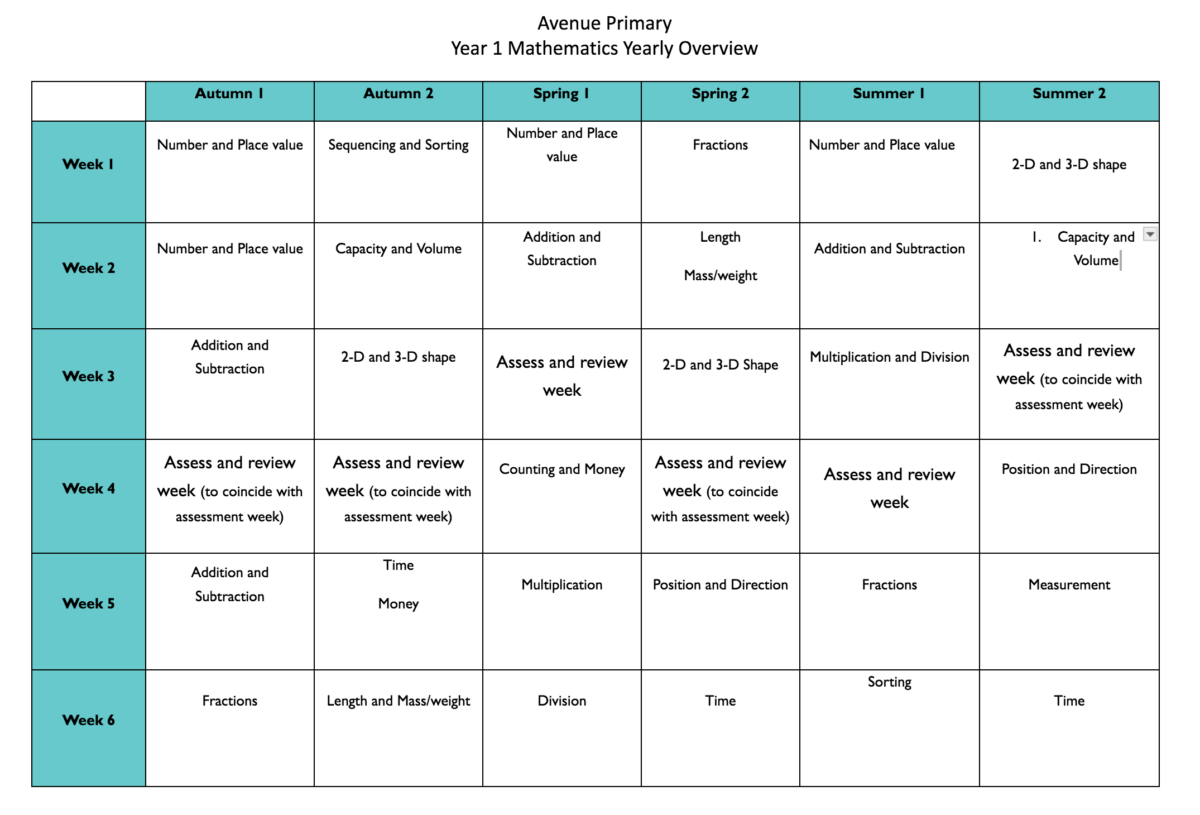
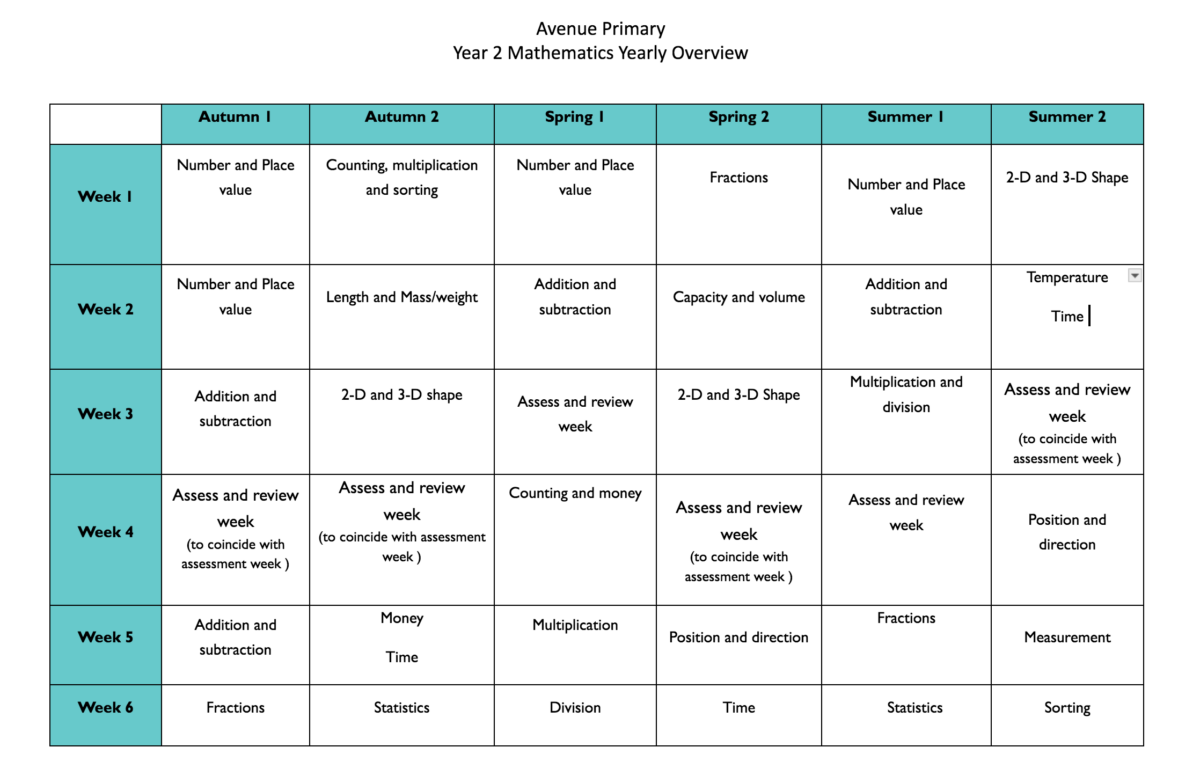
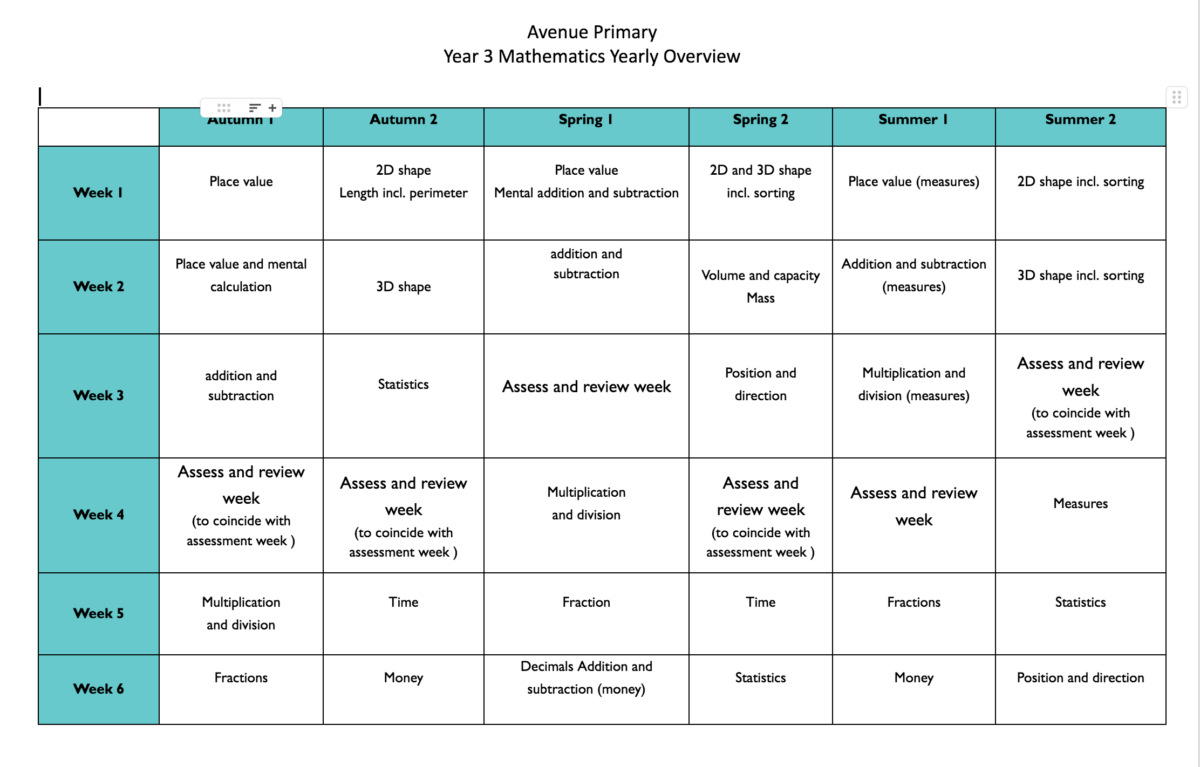
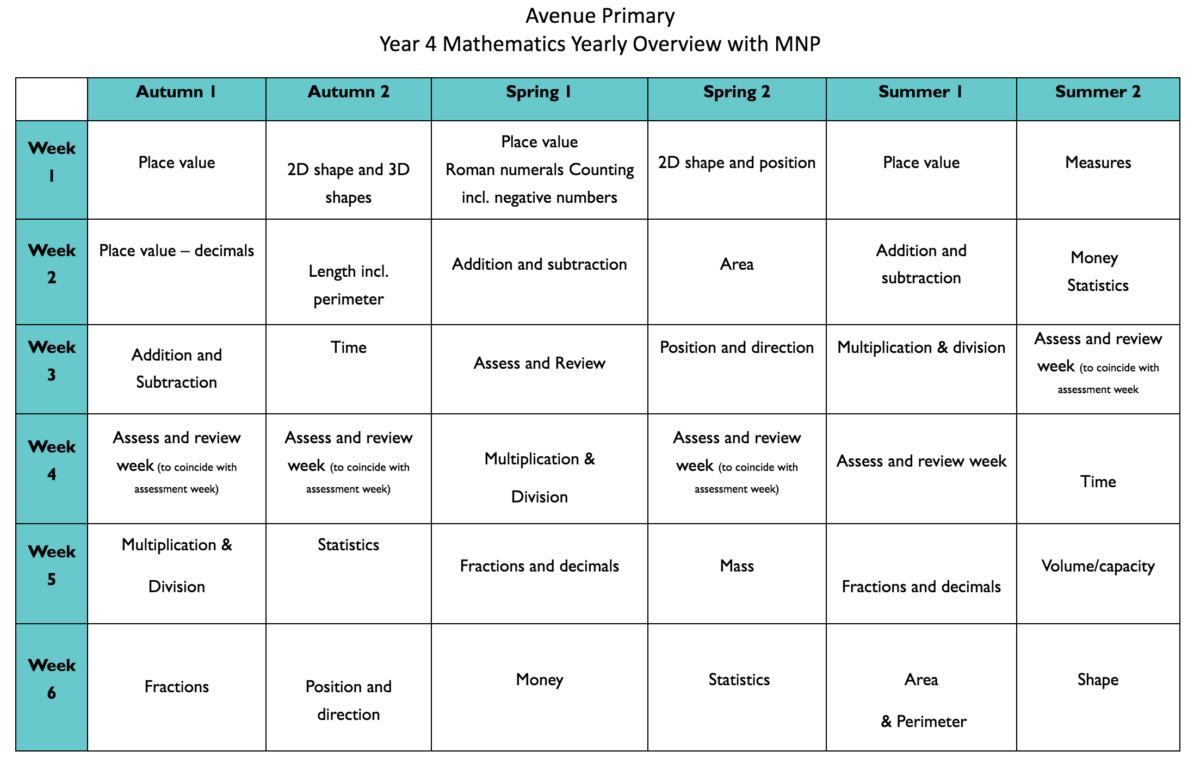
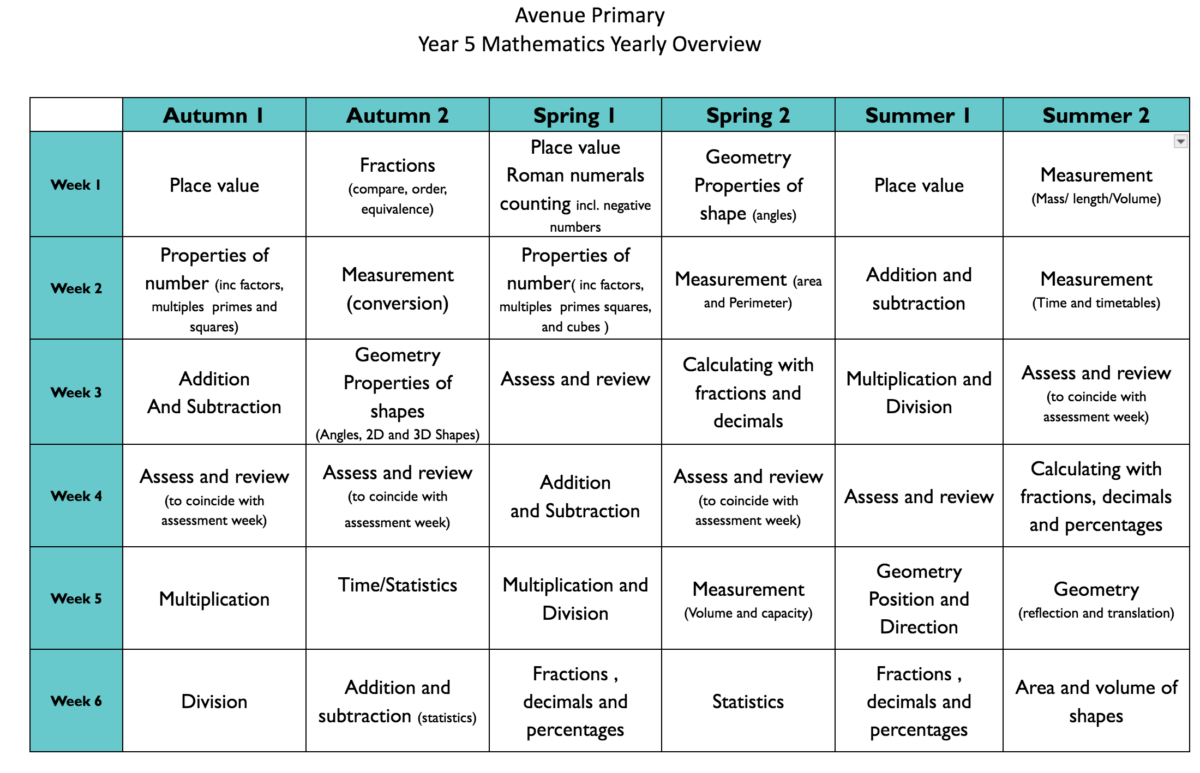
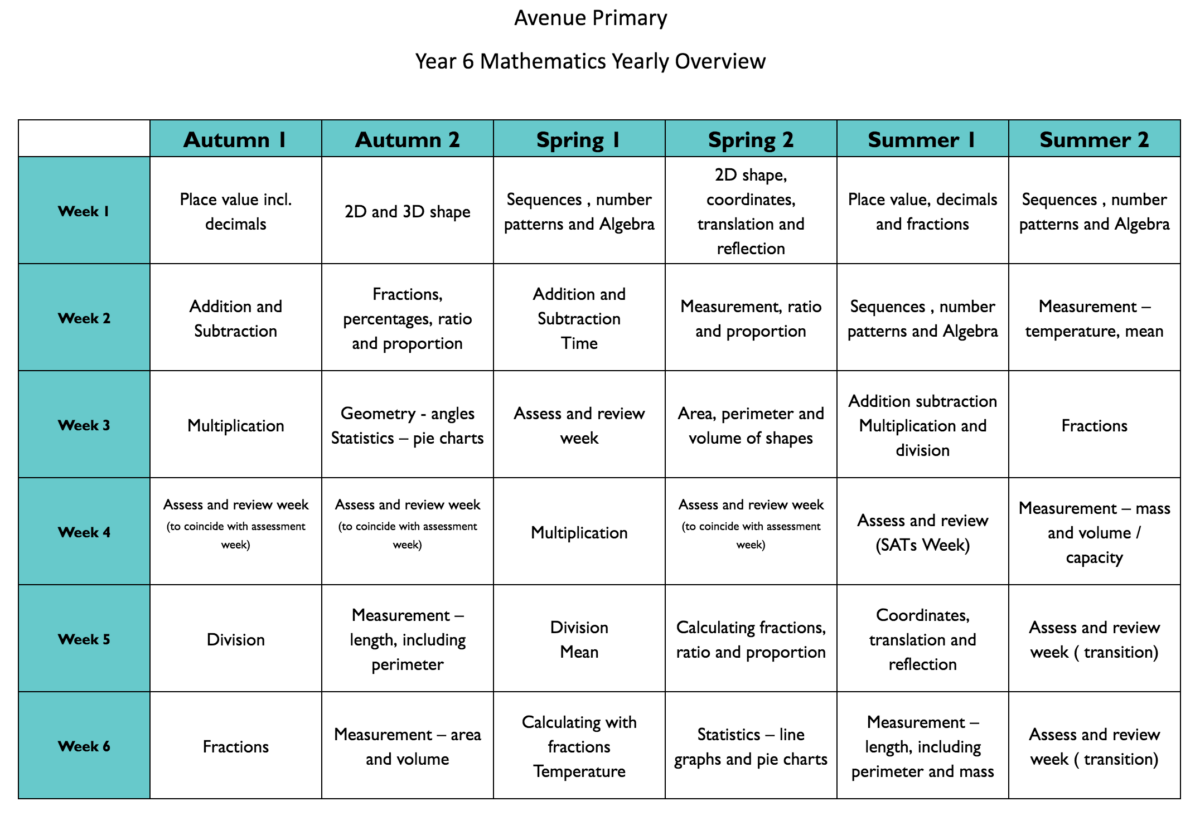
Useful Links
These following websites can help support your child’s maths learning. Please click on the link to view.
Multiplication Tables
Times Table Rockstars – Used from year 2 to 6 (Children have personalized log in details)
Mathletics – Years 5 and 6 (Children have personalized log in details)
Mathsframe
BBC Bitesize Maths
Topmarks Maths
Whiterose Maths
Thirdspace Learning
25 Fun maths games!
Below are links to our policies and guides. We encourage you to read through these documents to see exactly how we teach each of the four operations through the school, mental calculations and multiplication.
